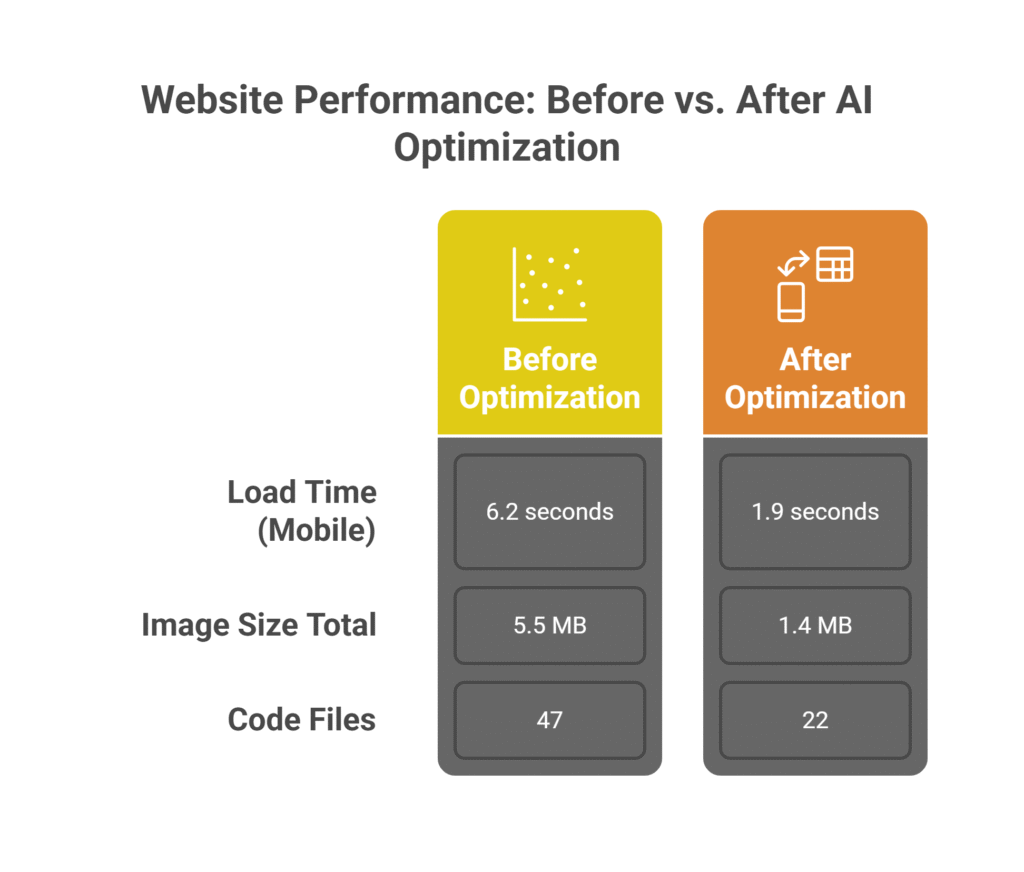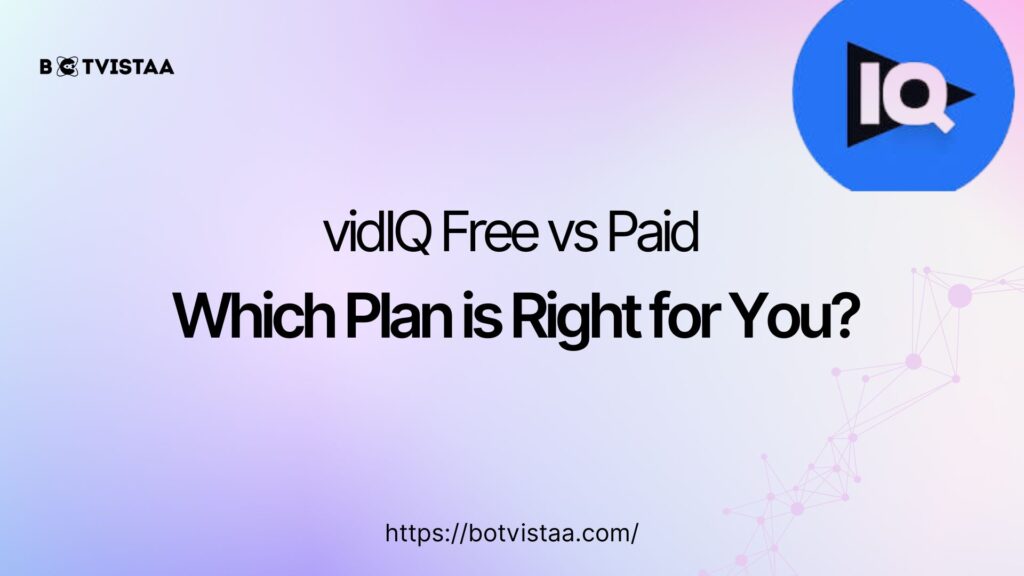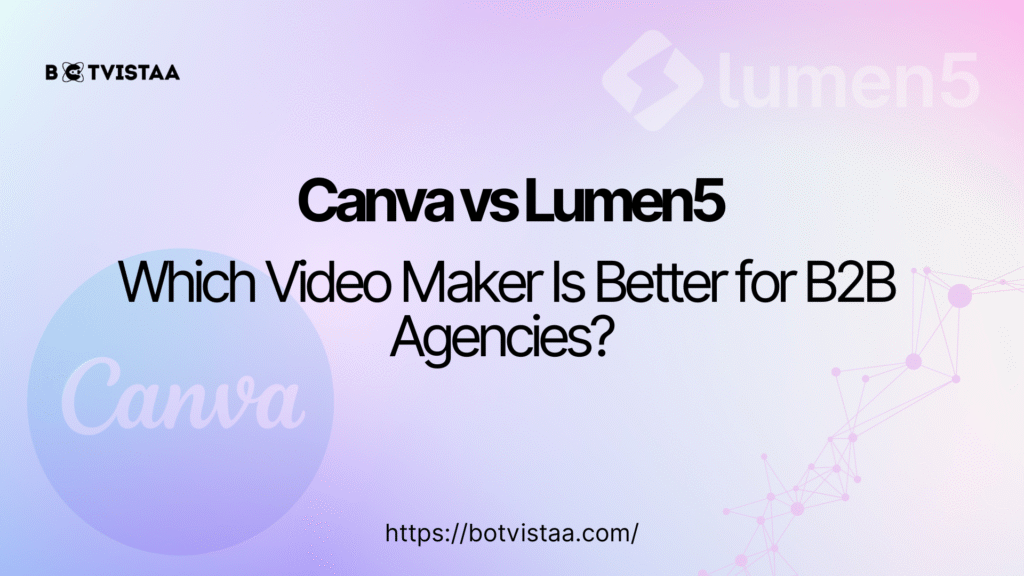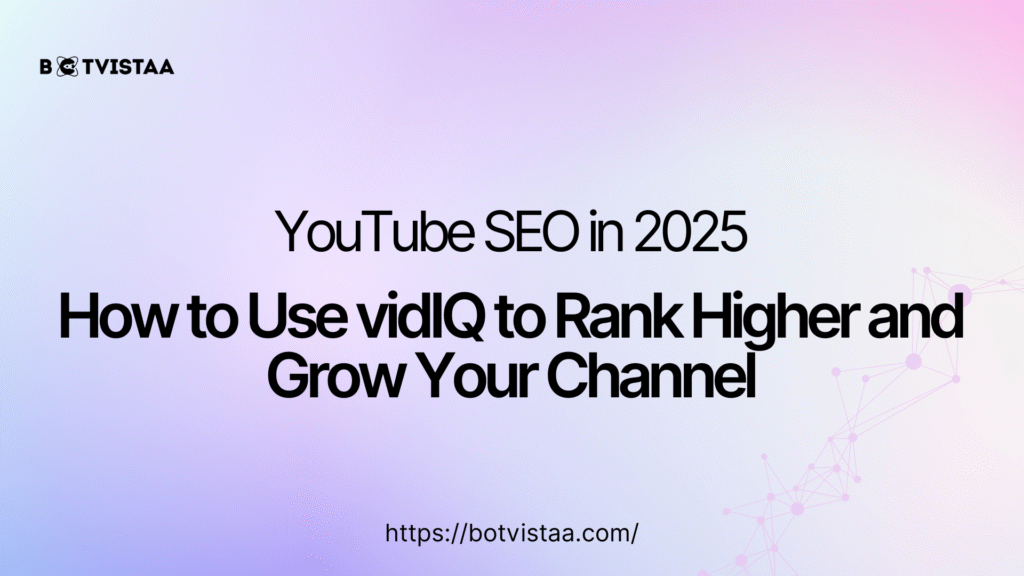Lorem ipsum dolor sit amet, consectetur adipiscing elit. Ut elit tellus, luctus nec ullamcorper mattis, pulvinar dapibus leo.
- Best AI Tools For Automation
How AI Improves Mobile Optimization for Client Websites
Jump To
When you purchase through links on our site, we may earn an affiliate commission. Here’s how it works.
When I started building websites for clients, I quickly learned one thing: most people use their phones to browse. Whether it’s checking the news, buying something online, or reading a blog, mobile use is at an all-time high.
If a website doesn’t look good or load fast on a phone, visitors leave — and they don’t come back.
That’s where AI (Artificial Intelligence) helps. I can confidently say—it delivers great results. AI can look at your site, find what’s wrong, and fix it much faster than a human can.
It doesn’t just guess. It learns from users, tests layouts, and makes smart decisions in real time. Whether you’re a small business owner or a developer, this is the secret weapon you need.
What Is AI Mobile Optimization and Why Does It Matter?
AI Mobile Optimization means using artificial intelligence to improve how websites perform on mobile devices. This isn’t just about shrinking a website to fit a smaller screen.
It’s about creating a better experience—one that loads fast, feels easy to use, and works perfectly whether someone is using an iPhone, Android, or tablet.
Think about the last time you opened a slow website. You probably got frustrated and left. That’s exactly what visitors will do if your site doesn’t load quickly or looks messy on a phone.
AI changes all of this. It can check thousands of mobile user behaviors and instantly know what needs fixing.
It’s smarter than regular tools. It doesn’t just tell you that something’s wrong—it helps you fix it.
For example, AI can notice that users are always zooming in on buttons. It can then make those buttons larger or move them to better spots.
It can see which images are too big and compress them without losing quality.
And it does all of this while your site is live, with no downtime. That’s the kind of smart help that changes everything.
Why it matters:
- Over 60% of web traffic is from phones.
- A slow website can make visitors leave before they even start.
- Google ranks mobile-friendly and quick-loading sites higher.
So, AI tools help improve Mobile SEO with AI and give users a better experience.
Read More: How AI Enhances UX Design on the Website
How AI Helps Me Improve Client Websites
I use AI in many ways when I build or update websites. Here are some key things it does:
1. It Makes the Design Fit Any Screen
AI tools like Wix ADI and Zyro learn how users behave and adjust the layout. They make websites look perfect on any phone or tablet.
2. It Speeds Up the Site
AI can make pages load faster by shrinking images and using smart code. Tools like NitroPack help me do this in seconds.
3. It Improves User Experience (UX)
AI studies where users click or get stuck. Then it tells me what to fix — like moving a button or changing the font size.
Tools I Use to Optimize Mobile Sites with AI
Here’s a table that shows some popular tools I use and what they help with:
These tools help me make smarter choices for my clients — without guessing.
Don’t let a slow mobile site cost you visitors.
Planning with AI: What I Do First
Before beginning any project, I make sure to ask a few key questions.
- Who is visiting this website?
- What kind of phone do they use?
- What do they want to do?
Then, I use AI to look at how similar websites work. This helps me build a mobile-first plan. It means I design for small screens first, not desktops.
PRO TIP
Before you start building, try running your old site through a free AI tool like PageSpeed Insights or Frase. You’ll get smart suggestions that show what’s slowing down your mobile site — and where to start fixing it.
How AI Improves Page Speed on Mobile Devices
Page speed is everything. You have about three seconds to grab someone’s attention before they close your site.If your webpage takes too long to load on a mobile device, chances are most users won’t stick around.
When a page is slow, the reasons are usually things like large images, too much code, or scripts that take forever to load.
AI doesn’t just point these out. It compresses images, rewrites parts of the code to make it smaller, and delays scripts that aren’t important right away.
This makes your site load in two seconds or less, which is exactly where you want to be.
I had a client whose website used to take over 6 seconds to load on mobile. After using AI optimization tools, the time dropped to just 1.9 seconds.
Their bounce rate dropped, and their sales went up by 30%. That’s the power of AI for mobile website optimization—it’s like giving your site a turbo engine.
Let me show you a simple example:

This kind of change doesn’t just look good on a chart. It makes a real difference for real users.
Cost vs. Value: Is It Worth Using AI for Mobile Optimization?
Let’s talk money for a minute. One of the most common questions I get is, ‘Is this going to be costly? And I get it. You want results without spending a mountain of cash.
So here’s the truth: some AI tools are free, and even the paid ones are often cheaper than hiring a full-time developer.
For example, PageSpeed Insights is 100% free. Tools like NitroPack or WP Rocket have low monthly plans that cost less than your weekend coffee run.
Even more advanced systems like Adobe Sensei or Cloudflare Enterprise give you massive value when you compare it to the cost of lost visitors or slow pages.
I tell my clients this: what’s the value of one new customer per day? If better mobile speed brings in just a few more people daily, that extra income can cover your tools many times over.
Mobile users expect fast, easy sites. If yours isn’t optimized, they’ll find someone else. Investing in AI-powered mobile UX isn’t a luxury anymore—it’s basic survival in 2025.
Future of AI-Powered Mobile Optimization
AI isn’t done yet. The way it’s growing, we’re just scratching the surface of what it can do for mobile websites. In the next few years, I expect websites to become more like living things—adapting and learning in real time.
Imagine a website that sees how you’re using it and changes on the fly. If you always skip to the bottom, the site will start showing you that section first. If you use voice search, AI will make the site easier to control with voice. That’s not science fiction—it’s coming fast.
Another future trend is predictive personalization. AI will guess what you want before you even ask. Shopping sites will show you items based on what you looked at last time. Learning websites will remember your pace and style. It’s like your website becomes your assistant.
I think we’ll also see AI working hand in hand with wearable tech. If someone visits your site from a smartwatch or AR glasses, the layout will adapt perfectly—even if it’s on a tiny or weird-shaped screen. This kind of smart design is where AI in responsive web design will shine brightest.
So, if you’re thinking AI mobile optimization is just about speed, think again. It’s the future of how we experience the web—and the future is almost here.
Final Words: Don’t Fall Behind—Go Mobile, Go Smart
To wrap things up: AI Mobile Optimization is not just another tech trend. It’s the way forward. More people are using mobile than ever before, and they expect websites to be fast, simple, and smooth.
AI helps you deliver that. It improves speed, makes smarter layouts, and creates a better experience for your users. Whether you run a blog, a business site, or an eCommerce store, these improvements matter.
So don’t wait. The sooner you start using AI for mobile optimization, the sooner you’ll see better traffic, better rankings, and happier visitors.
PRO TIP
Always test your site on a real phone — not just in a computer preview. AI can help a lot, but real people use real devices. What looks great on a screen might feel slow or hard to tap on a phone.
FAQ's
How does AI know what to fix on my mobile site?
AI uses data from real users—like where they click, how long they stay, and where they drop off. It finds patterns and makes smart changes based on that behavior.
Do I need to be a developer to use AI optimization tools?
No! Most tools are beginner-friendly. You just install them, and they do the work in the background.
Will AI change how my desktop site looks too?
Usually not. Most tools focus only on mobile layouts, so your desktop version stays the same unless you choose to change it.
Is AI optimization safe for my site?
Yes. Trusted tools are tested and used by thousands of developers. They create backups and have fail-safes built in.
Can AI help with my mobile content, too?
Absolutely. AI can suggest shorter text, better headlines, and even rearrange content to fit small screens better.
Subscribe To Our Newsletter
Aqsa Tehreem
- Best AI Tools For Automation
Our Recent
Blogs


Canva vs Lumen5: Which Video Maker Is Better for B2B Agencies?

YouTube SEO in 2025: How to Use vidIQ to Rank Higher and Grow Your Channel

GoHighLevel Funnel Automation for Client Retention: Post-Onboarding Guide


